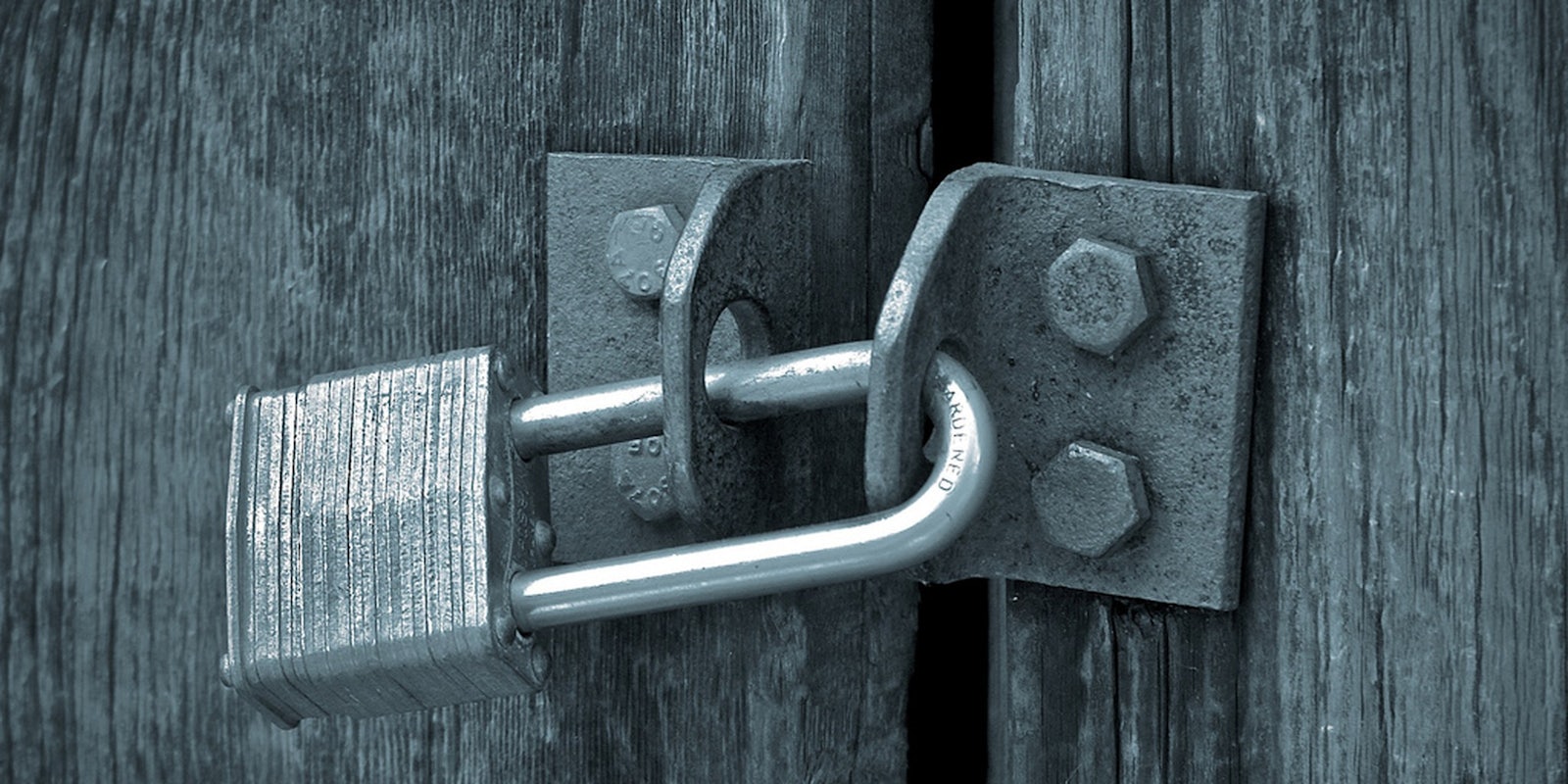Legislation designed to let consumers transfer their mobile phone to any carrier they wish—a proposal that once enjoyed popular bipartisan support in Congress—now has some Democrats riled-up because of a last minute alteration.
On Wednesday, the House of Representatives narrowly passed the “Unlocking Consumer Choice and Wireless Competition Act,” which would give cellphone customers the option to “unlock” their mobile devices and use them on a new carrier once their original service contract expires. Consumers would not have to purchase a new phone to switch carriers.
In the past, consumers have been allowed to unlock their phones through a exemption created in the Digital Millennium Copyright Act (DMCA), but according to CNET, the Copyright Office and the Library of Congress, which administers the exemption, decided not to extend it. The Wireless Competition Act, H.R. 1123, is an attempt by congress to extend the exemption by passing it into law. Without the new law, anyone with a phone that was purchased after Jan. 27, 2013, cannot legally unlock their devices.
To maintain the status quo, H.R. 1123 was introduced with broad support in the House from both parties. But a last minute change to the bill by GOP leaders has rankled some Democrats.
Shortly before the vote, Republican leaders added language to the bill that would not allow “bulk unlocking,” which opponents say undercuts the purpose of the legislation. By not permitting bulk unlocking, a number of Democrats say this eleventh-hour provision will make it difficult for phone companies to unlock phones for consumers. At the same time, consumers themselves are unlikely to have the technical knowledge to unlock their devices themselves. Thus it becomes hard for customers to utilize the advantages that come with unlocking.
“The last-minute change that was made in this bill…puts a real poison pill in this bill for consumer advocates such as myself,” Rep. Jared Polis, D-Colo., told the Hill. “Many consumers won’t be unlocking their phones themselves. There needs to be a market in unlocked phones.”
The Electronic Frontier Foundation also withdrew its support of the bill in light of the changes. In a written statement, the EFF said that by preventing bulk unlocking, “the new legislation sends two dangerous signals: (1) that Congress is OK with using copyright as an excuse to inhibit certain business models, even if the business isn’t actually infringing anyone’s copyright; and (2) that Congress still doesn’t understand the collateral damage Section 1201 [of the DMCA] is causing. For example, bulk unlocking not only benefits consumers, it’s good for the environment—unlocking allows re-use, and that means less electronic waste.”
The amendment to prevent bulk unlocking is intended to keep businesses from popping up that would specialize in buying subsidized phones, unlocking them and then selling directly to customers. Prepaid phone companies like TracFone have pushed to prohibit bulk unblocking, which poses a threat to their business model. The Verge says companies like these sell deeply discounted phones in order to make money off of the minutes.
The new provision was defended by Republicans like California Rep. Darrell Issa. He said the bill does not expressly forbid bulk unlocking, and there is still room in the law for cell phone companies to work around.
The late opposition led by Polis and others threatened to derail the bill, which had to pass by a two-thirds majority under special House rules. The bill ultimately won passage by a vote of 295-114. Ninety-five Democrats voted in favor of H.R. 1123, even with the new provision.
H.R. 1123 now heads to the Senate, where Democrats hold the majority and have a chance to amend the bill if they take it up for debate. There is also a competing version of the bill in the house that would make the right to unlock cell phones permanent.
Photo by Keith Rice/Flickr


